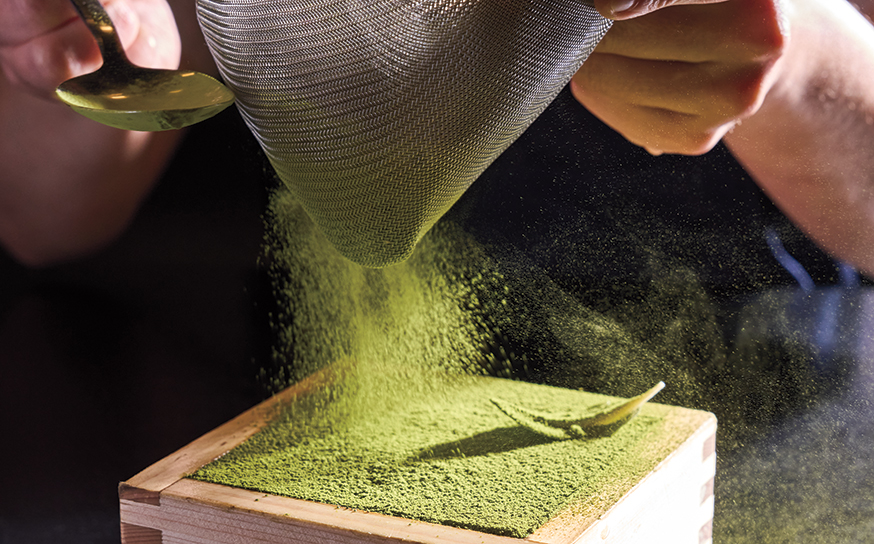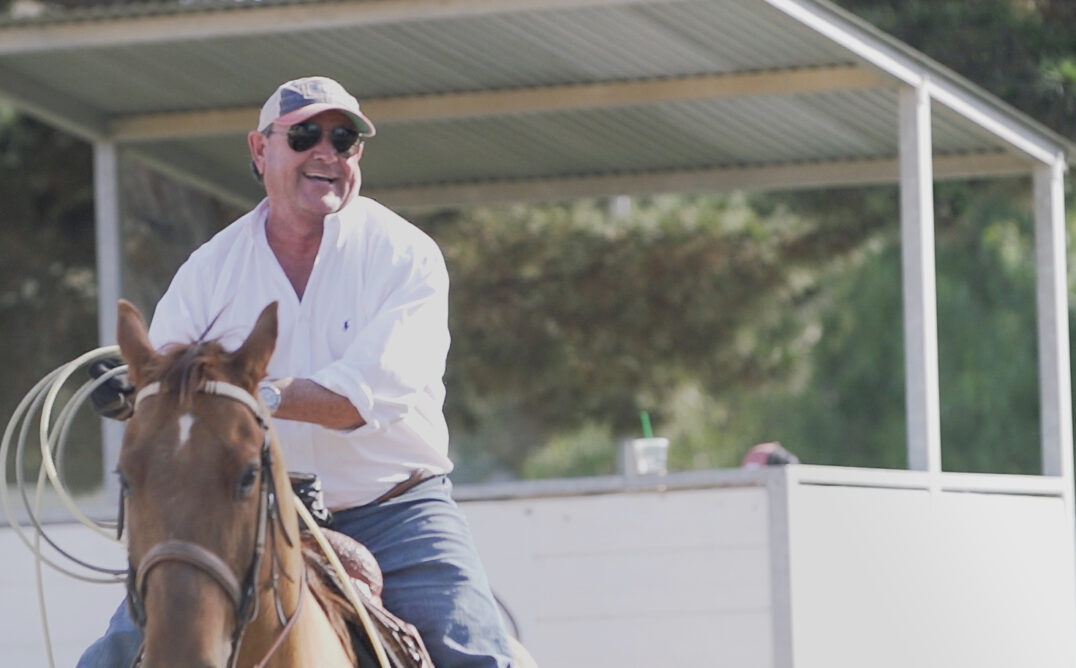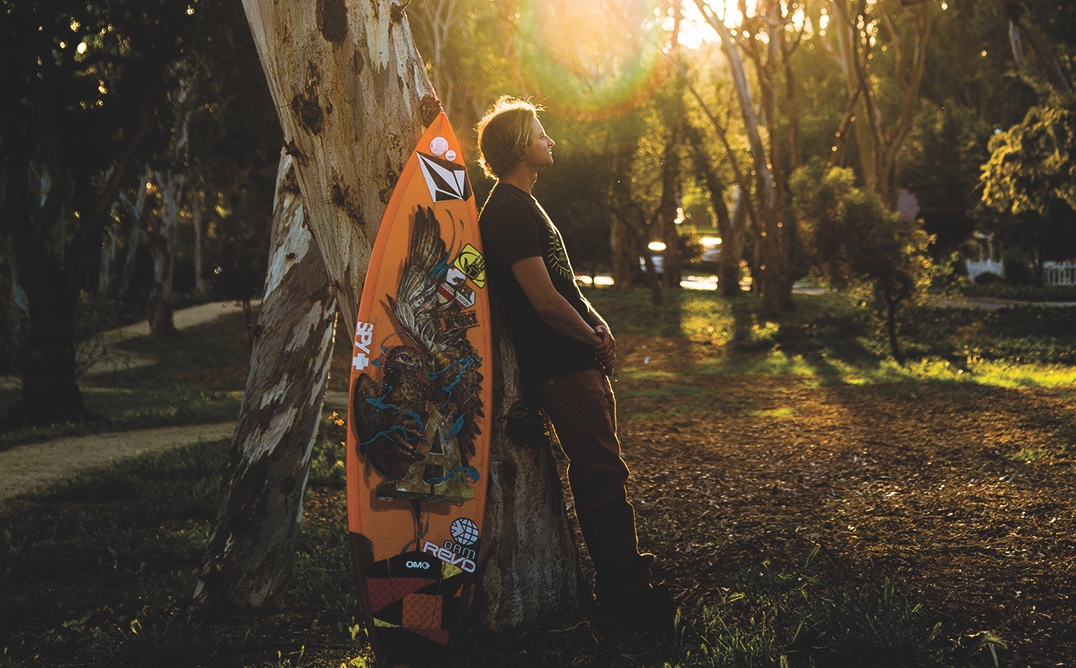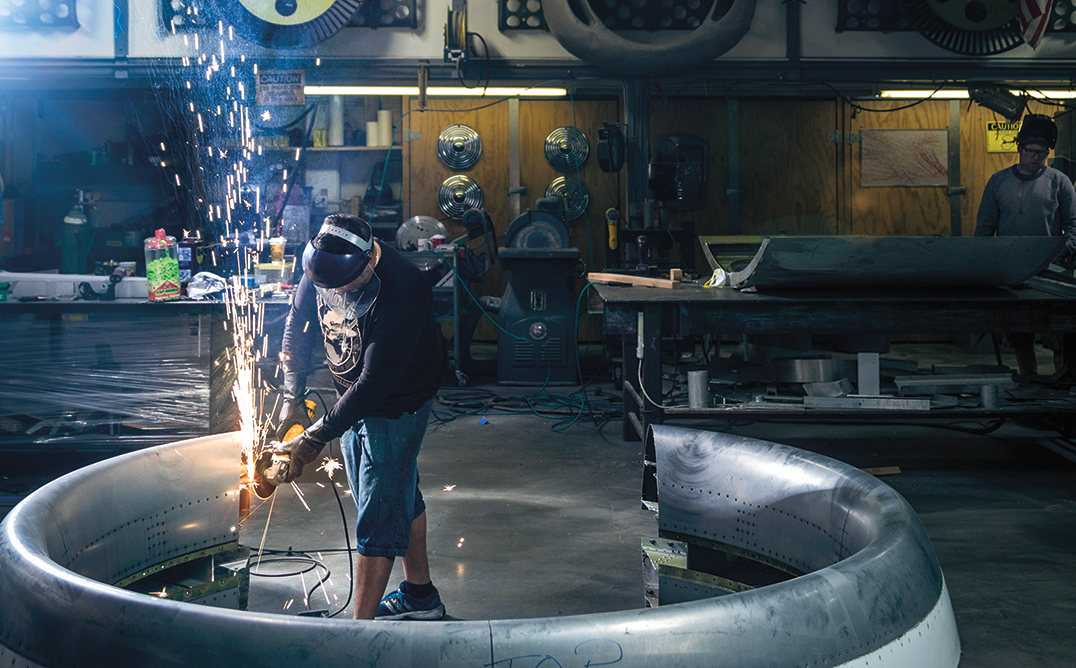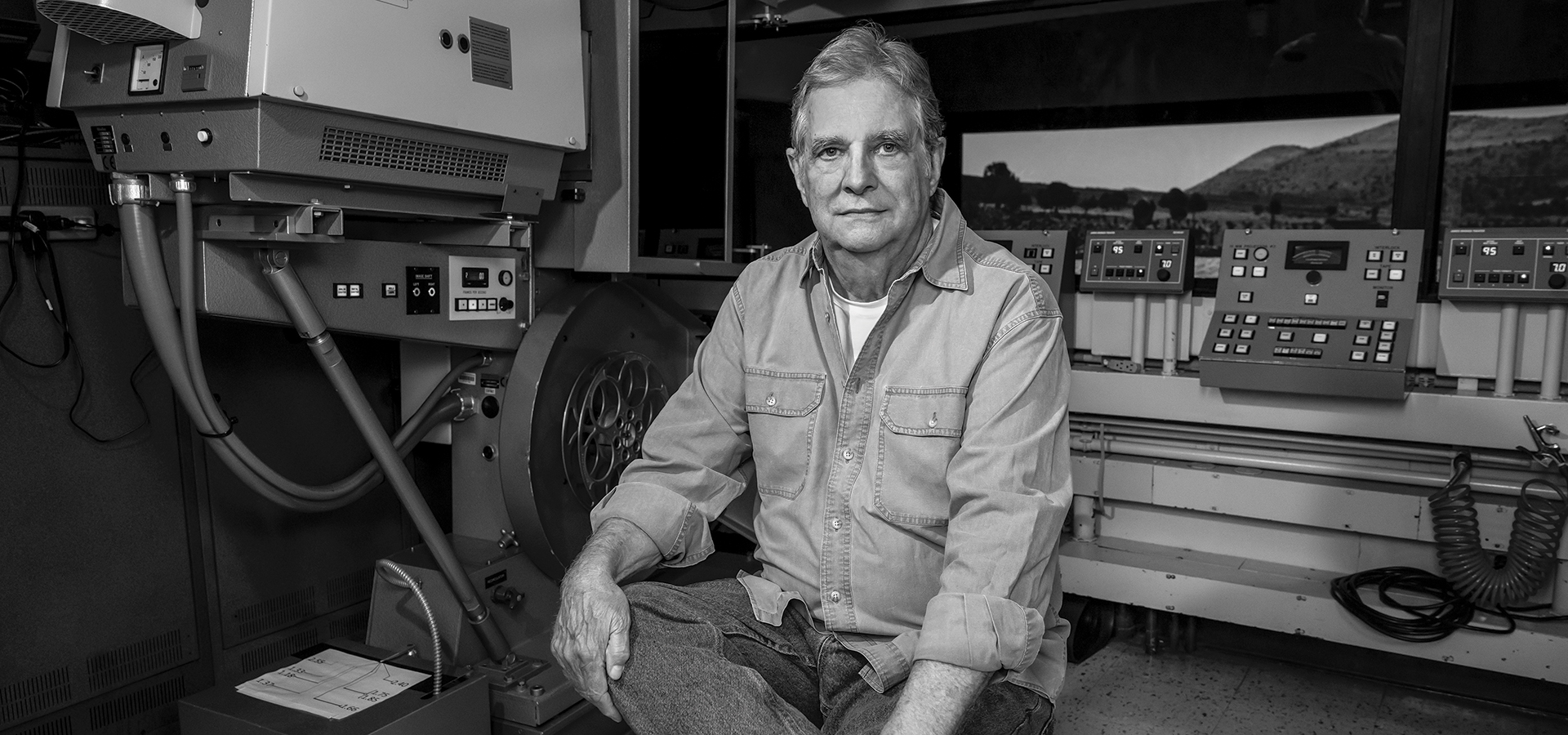
When Film Directors like Quentin Tarantino Need a Personal Projectionist to Run Their Celluloid, They Call Jess Daily
A flickering light.
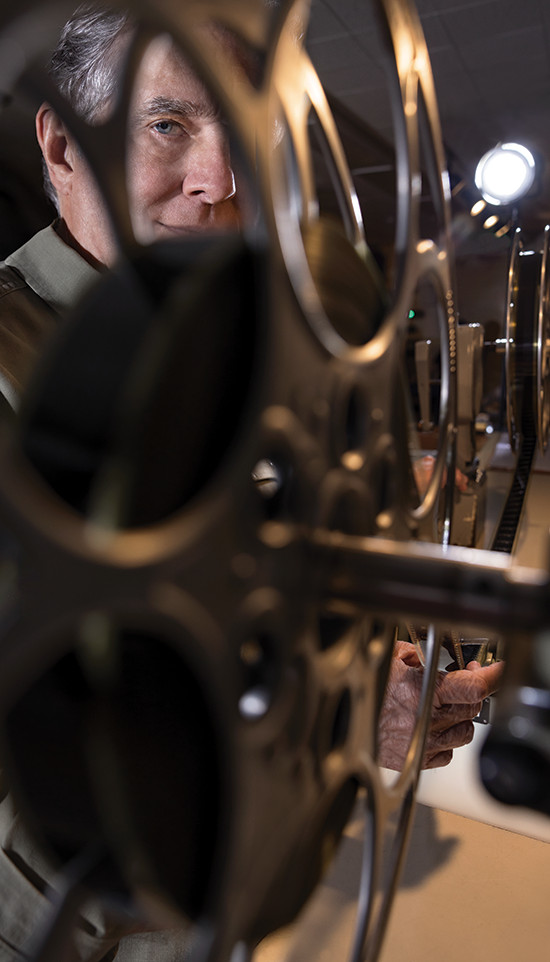 The lights dim in the theatre as the audience starts to quietly dig in to their popcorn. Moments later the curtains part, revealing a wide screen displaying the opening credits of Sergio Leone’s The Good, the Bad and the Ugly. Ennio Morricone’s unmistakable score—peppered with the echoing sound of bullets—blares through the speakers, and the audience is instantly enraptured. Nearly three hours later, the end credits roll. The crowd walks out of the Daily Cinema into the harsh daylight and faces an impossibly large poster for the Italian release of the film that just unspooled. Let’s back up for a moment and offer clarification.
The lights dim in the theatre as the audience starts to quietly dig in to their popcorn. Moments later the curtains part, revealing a wide screen displaying the opening credits of Sergio Leone’s The Good, the Bad and the Ugly. Ennio Morricone’s unmistakable score—peppered with the echoing sound of bullets—blares through the speakers, and the audience is instantly enraptured. Nearly three hours later, the end credits roll. The crowd walks out of the Daily Cinema into the harsh daylight and faces an impossibly large poster for the Italian release of the film that just unspooled. Let’s back up for a moment and offer clarification.
The “theatre” is actually the den in the home of Jess Daily, former chief projectionist for UCLA. The “projection booth” is his sons’ bedroom, where he has built a platform that holds two Kodak Pageant 16mm projectors.
The poster we’re gazing at was a gift from Quentin Tarantino, as both men consider it their favorite film. (Jess worked as both Tarantino’s personal projectionist and consultant for the New Beverly Cinema. When he commented on how much he liked the poster hanging in the filmmaker’s home, Tarantino responded, “I think I might have another one” and gifted the prized and rare poster to Jess.)
The Daily Cinema is not Jess’ favorite movie theatre. That distinction belongs to the James Bridges Theater at UCLA, which has the best picture and sound in Los Angeles, as well as the unique ability to show all formats of film—from 16mm to 70mm, from silent variable speed to traditional 24-frames-per-second celluloid.
A little background on Jess: Hailing from Muscle Shoals, Alabama—which has a pretty amazing history in the musical world (look it up)—Jess discovered a love of film at a tender age while watching “Hollywood movies” that his father, the owner of a tire store, would bring home and play from his personal 16mm projector that he mostly used to show GM sales films to clients.
Seeing his son’s love of film, the senior Daily helped Jess get a job at a local NBC station—so low-powered that it had to pull its signal from a larger city. Jess went from sweeping floors to running the camera and operating the board within a few months. This cemented his desire to be in the film biz, so he applied to the MFA program at UCLA and was elated to be accepted by the esteemed university located near his precious Hollywood.
Jess migrated to Los Angeles in the late ’60s and worked as an usher at the Crest Theatre in Westwood while studying the art form he had so admired from afar. After graduation, he was offered a job that eventually turned into UCLA’s chief projectionist position, which he held until 2009.
Jess’ quiet, genteel, unassuming Southern qualities are probably what drew such Hollywood luminaries as television pioneer Norman Lear, Rob Reiner and Tarantino (among many, many other legends) to hire him as their personal projectionist when he wasn’t running things at UCLA. Not to mention his cinematic knowledge, which is vast and could easily fill all the pages of the magazine you’re holding in your hands. From the rare ability to safely handle the highly flammable silver nitrate film of early Hollywood movies to being one of the few highly skilled individuals able to project 70mm prints in the modern era, Jess’ expertise makes him an invaluable asset to the film community.
This love of all things cinema extends to being a guest lecturer at Hermosa Beach resident Regina Hoffman’s ninth grade class at a private high school in Santa Monica. “When Jess comes in to talk, he always brings in pieces of filmstrip to share with the students,” Regina says. “It’s amazing to see a child’s eyes widen when they see those tiny pictures. Jess has them count 24 frames for one second of film. He brings his 16mm projector and shows them a Bugs Bunny cartoon and has each kid come up as the film runs through it—and has them study each frame as it’s being shown. The students’ eyes light up. They see ‘This is where the magic happens. This is cool. I get it.’ And hopefully they’ll carry that magic with them in terms of their love of film.”
Having retired from UCLA, Jess moonlights as a projectionist for the New Beverly, the Academy of Motion Picture Arts and Sciences, the American Cinematheque and the occasional private venue. As he is retired, perhaps it’s not accurate to call it moonlighting. In fact, from the joy apparent on his face when he describes what he does, one gets the distinct feeling Jess would do it for free.
Film projection itself may be a fading art form, but fortunately a few prominent filmmakers demand that their work is displayed in the format. Christopher Nolan, Paul Thomas Anderson and Tarantino are among the small cadre of directors who insist on both shooting on and releasing their films on celluloid. As Regina told me, “The directors need Jess.”
If one needs evidence of Regina’s claims, look no further than one of the biggest films opening this summer: Oppenheimer, directed by Nolan. If you happen to wander into a theatre that is showing the film in 70mm, take a moment to look up at the projection booth. Behind the bright lights emanating from the projector, you may find Jess—holding court with a smile on his face—the same exact smile he has while standing in his sons’ bedroom looking out at the screen—checking the gate, making sure the projection is perfect.
This is a man who loves what he does, and it’s a pleasure to behold. We should all be so lucky to do what we love.






